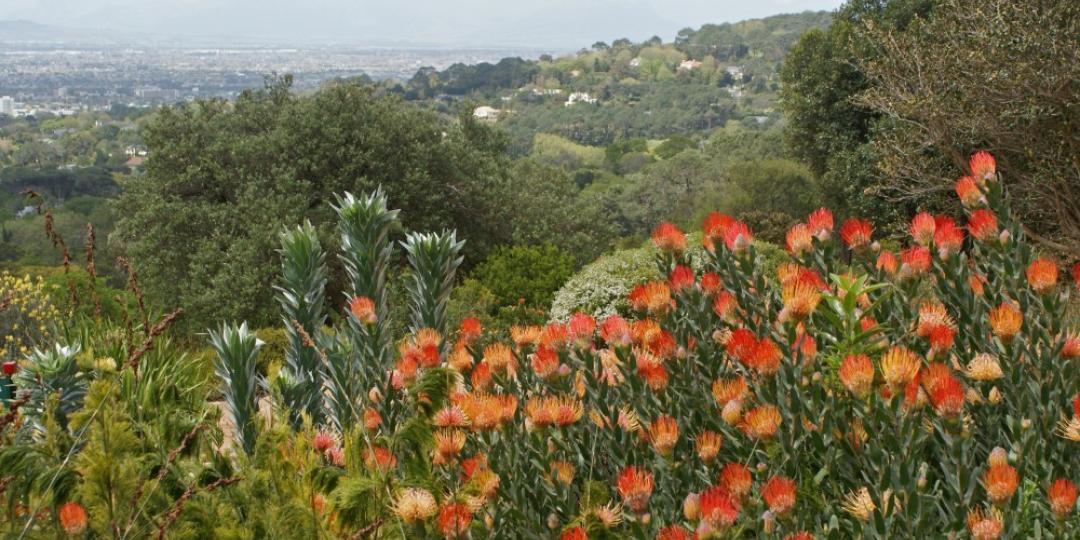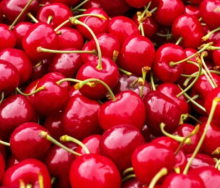An application submitted to protect the name “Cape Flora” and its globally recognised logo has been approved and published in the Government Gazette, which will enable it to be entrenched as one of South Africa’s prime floristic exports with greater international protection.
The application, submitted by Cape Flora SA, aims to protect the name “Cape Flora” and was announced by Minister of Trade, Industry and Competition, Ebrahim Patel, on Thursday.
He said the next step would be for Cape Flora SA to apply for a Geographical Indication (GI), and the industry was considering this.
GIs are signs or logos identifying goods that have a specific geographical origin and possess a given quality, reputation or other characteristic that is essentially attributable to that origin. Rooibos, Honeybush and Karoo Lamb all are registered GIs and are subject to international protection.
“The industry is an important niche and has the potential to grow and expand off the back of growing global demand.
“The fact that more and more fynbos cut-flower production is starting abroad means that the protection of the name Cape Flora SA and logo is important so that our unique products and quality can be easily recognised, whether they are used for a wedding in Japan or an office in the UK,” said the minister.
South Africa is currently the third-largest exporter of cut flowers on the African continent, with exports of over R1.7 billion in 2021. Kenya and Zimbabwe are the leading flower exporters in Africa. South Africa, Uganda, Tanzania and Zambia are also major producers, while some other African countries export a much smaller volume.
The department said exported product amounted to R766 million per year. The European Union is the main market (67% of exports), but there has been an increase in exports to the Middle and Far East (combined 24% of exports) in recent years.
The manager of Cape Flora, Karien Bezuidenhout, said the “growth of the export market has triggered modernisation and innovation within the industry, leading to higher product quality. In turn, this has benefited sales in domestic and international markets”.
Primary fynbos cut-flower production in South Africa is currently valued at almost R1bn if you include internal consumption with exports. Some 30 million stems are exported from the Western Cape every year.
The industry provides direct employment to close to 2 500 people and the biggest proportion of them are women from rural areas.
“The Cape Floristic Region is one of the most biodiverse areas in the world and therefore contains incredible species diversity,” it said.
“Even though many other countries, like Australia, Israel and Ecuador, also export fynbos cut-flowers, South Africa is seen as the pioneer and leader in fynbos cut-flower production,” said the department.













